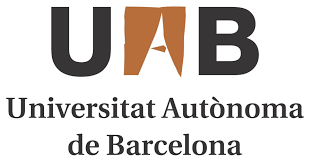A central concept in industrial ecology, the term Jevons’ Paradox was derived from a passage in The Coal Question (Jevons, 1865), in which the author analysed improvements in the efficiency of steam engines over the last decades. The first steam coal powered steam engines were very inefficient – in the order of 5 percent. With time, efficiency improved, but Jevons posited that this increased efficiency would not necessarily lead to a decrease in demand for coal by manufacturers and railway companies.
On the contrary, increased efficiency in fact led to a decrease in the actual cost of coal per unit of work done, creating an increase in the demand for coal. This came to be called the ‘rebound effect’. The associated increase in the scale of the economy may lead to an overall environmental burden that may outgrow the improvements achieved by increased resource productivity.
Reference
Jevons, W.S. (1865) The Coal Question: An Inquiry Concerning the Progress of the Nation, and the Probable Exhaustion of Our Coal-Mines , London, Macmillan.
This glossary entry is based on contributions by Willi Haas, Simron Jit Singh and Annabella Musel
EJOLT glossary editors: Hali Healy, Sylvia Lorek and Beatriz Rodríguez-Labajos





Pingback: The Future of Ridesharing | Startup Cities Institute